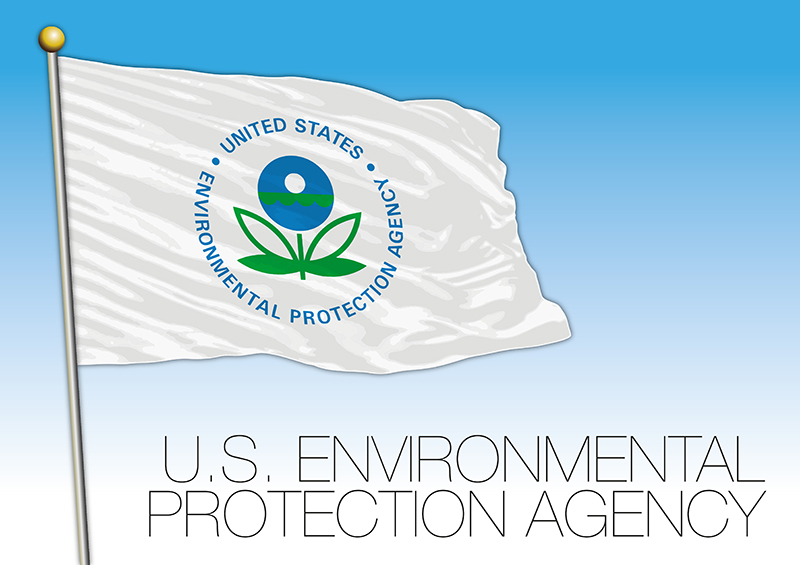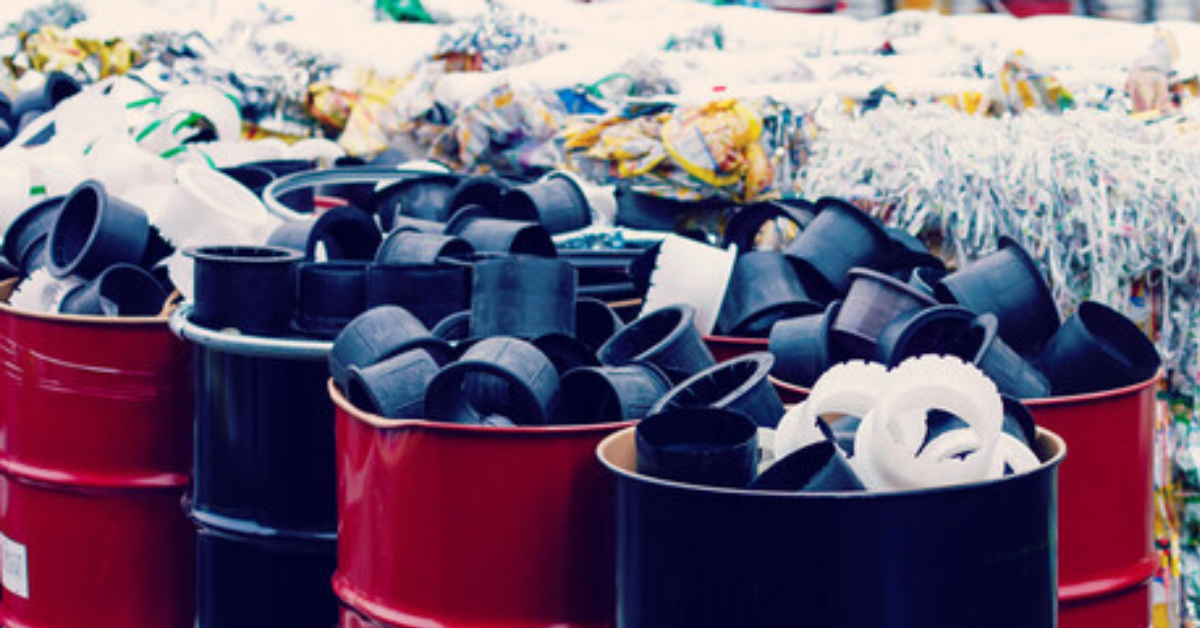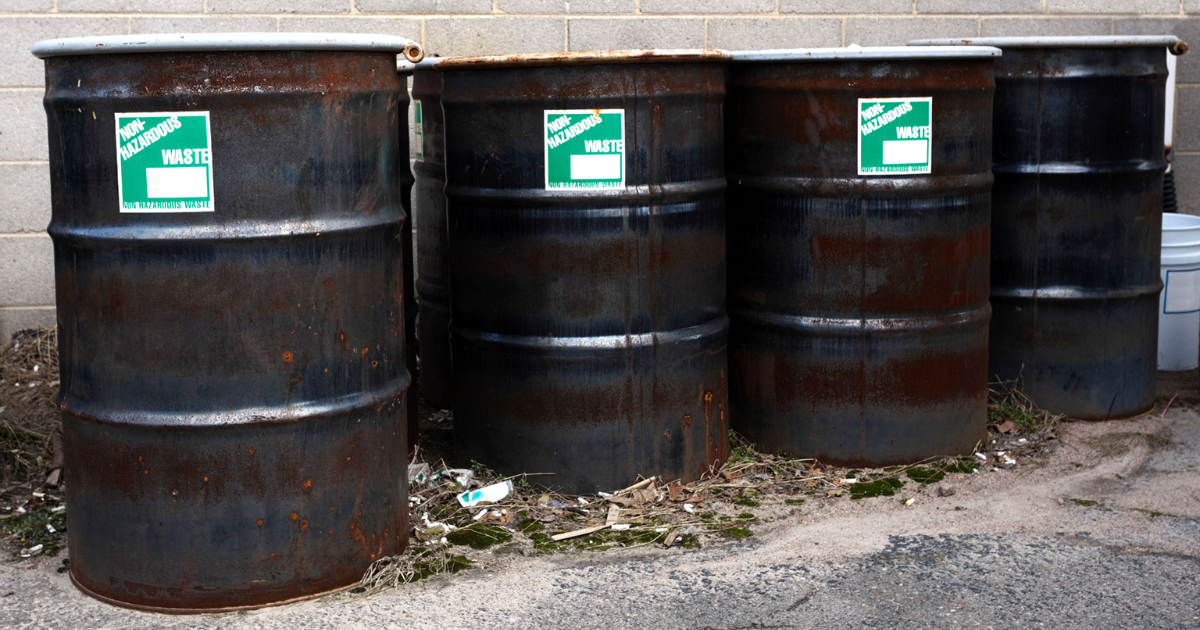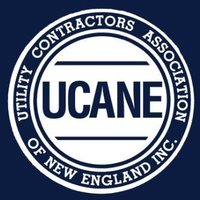
Did you know that all waste materials that are not superficially deemed as hazardous under federal law are actually considered to be non-hazardous waste? In fact, the vast majority of waste that is produced in New England is non-hazardous. The list includes certain chemicals, glass, metals, paper, plastics, and wood. It also includes other materials that are generated through agricultural, commercial, industrial, and residential sources. Although these materials are considered to be non-hazardous waste, they must be handled in the proper manner.
Otherwise, it can present considerable risks to both humans and the environment. That means these materials must be handled, transported, and disposed of correctly. In fact, the process is highly regulated at both the state and local levels. That being declared, the United States Environmental Protection Agency, or EPA for short, does have the ultimate authority to review and approve the state program. In order to protect your business and yourself, when you get rid of your non-hazardous liquid and solid waste do not leave it up to just anyone.
Only hire a professional environmental company that not only specializes in removing non-hazardous waste, but also has years of experience doing it. Non-hazardous industrial waste is the largest single type of waste produced across the United States. In fact, the EPA estimates that a massive 7.6 billion tons of this type of waste are produced on an annual basis. Furthermore, 97% of the 7.6 billion tons is actually in the form of wastewater. That means that approximately 228 million tons of non-hazardous, non-wastewater is generated on a yearly basis.
These non-hazardous materials typically included pulp and paper, metal, chemicals, and non-hazardous waste that are produced by mining related industries. Although some of the largest manufacturing plants have non-hazardous waste disposal and treatment sites on their own properties, the vast majority of commercial and industrial organizations in Massachusetts rely on non-hazardous waste removal specialists. Agricultural non-hazardous wastes consist of organic-based wastes such as livestock manure, urine, and bedding material.
The management of non-hazardous livestock waste, especially on large agricultural facilities, is an issue of concern due to the potential environmental impacts. For example, the runoff of nutrients from manure collection and storage facilities poses a threat to the water quality of streams, ponds, lakes, rivers, and the ocean. That is why they must be handled properly by a professional non-hazardous waste removal company.
Construction and demolition debris is a non-hazardous waste stream that is produce by the construction, renovation, and demolition of buildings, roads, and bridges. It too must be removed, transported, and disposed of in the proper manner; otherwise your business is at risk. Reports estimated that 136 million tons of construction and demolition debris are generated on a yearly basis. A significant amount of this is due to the construction of bridges, roads, and land clearing that occurs prior to construction.
If you have any questions about your non-hazardous waste or would like to schedule service to get rid of your non-hazardous liquid and solid waste we are happy to help. Jolin Paving & Excavating, Inc. is your New England connection for a vast variety of environmentally related services. Our company has been serving Boston Massachusetts, Southern NH, VT & ME as well as Northern CT & RI since 1952. Please Contact us to learn more today.
continue reading






